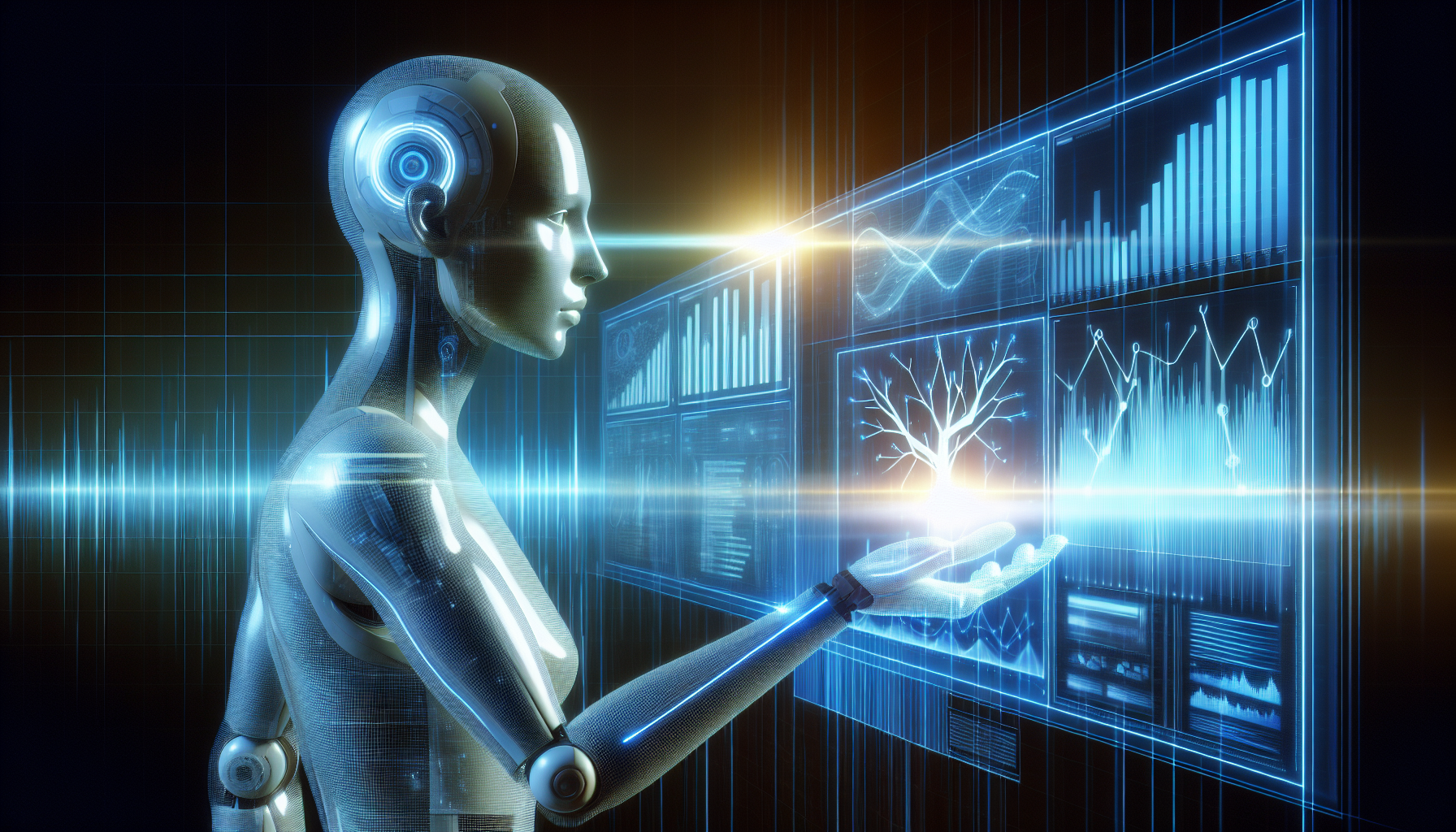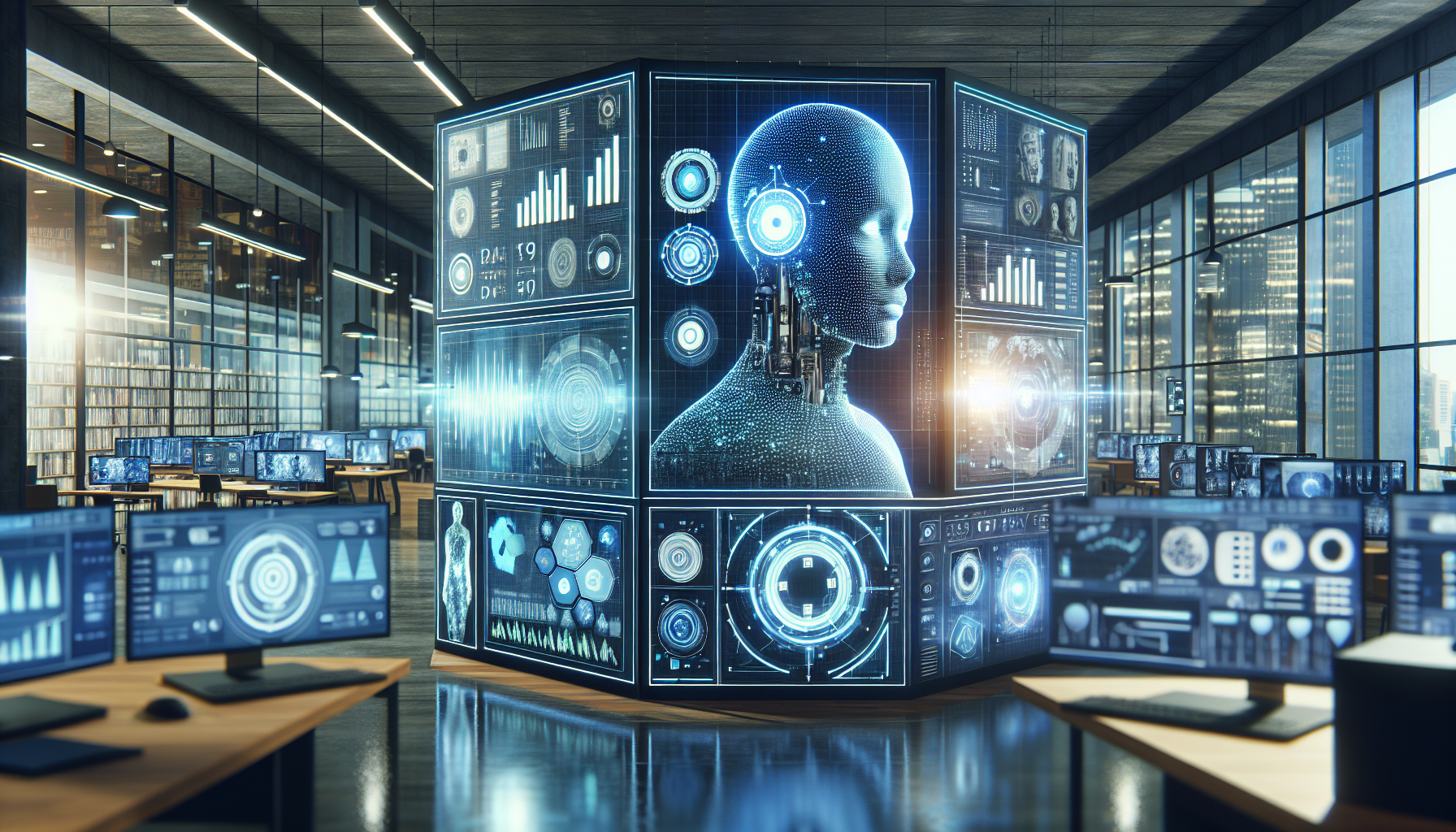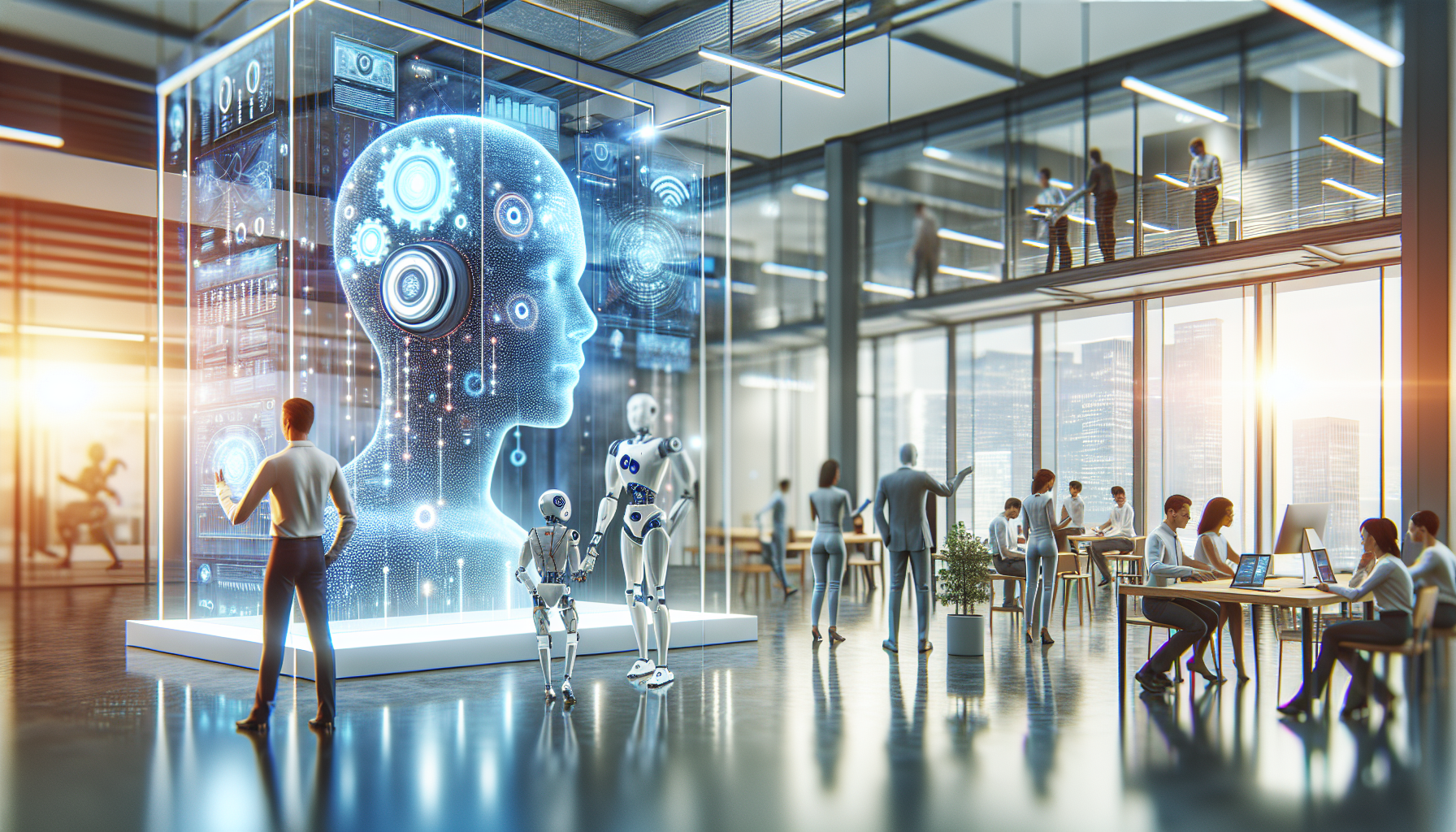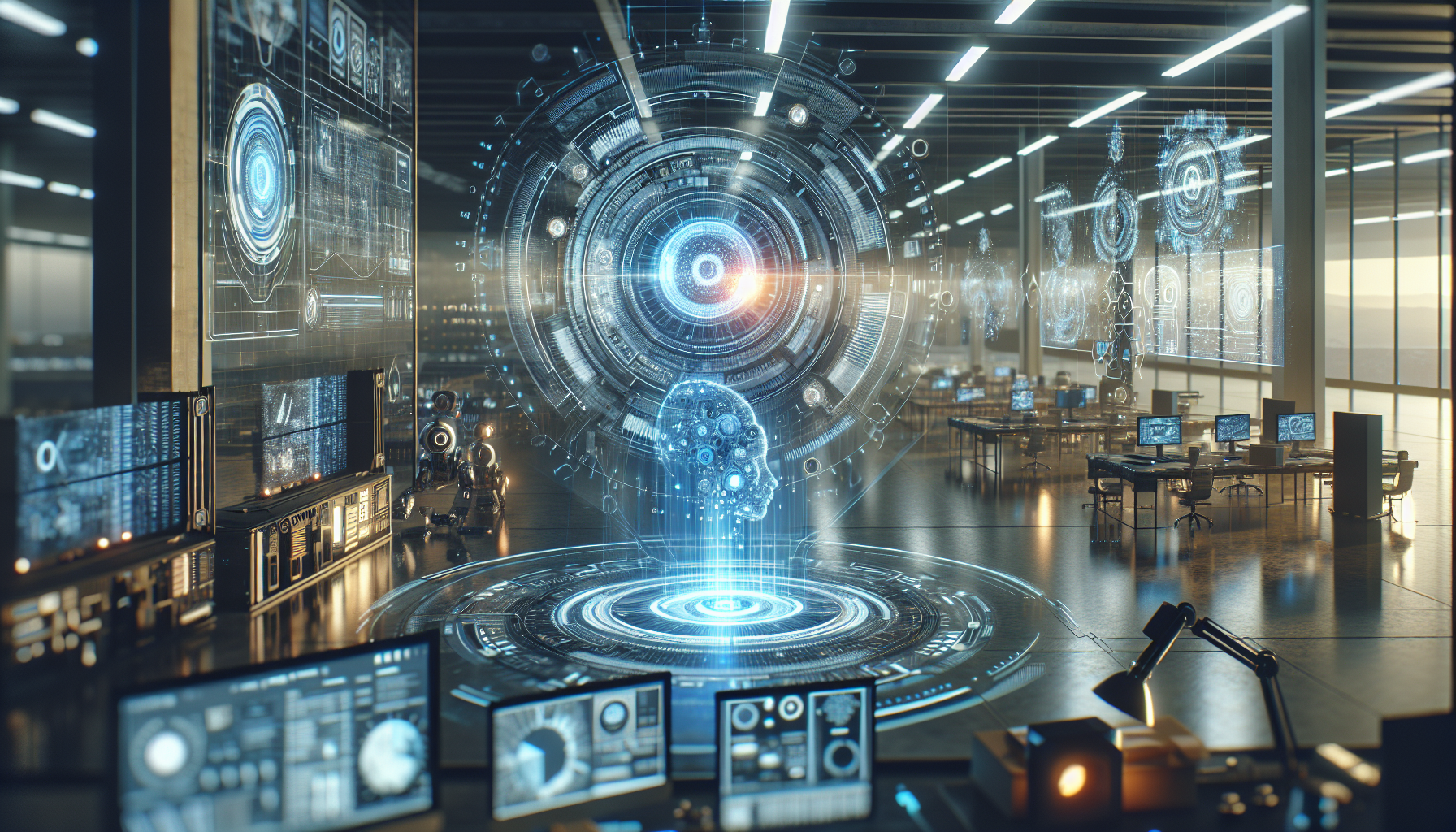
AI and Blockchain: A New Era of Digital Transactions
October 29, 2025
Imagine a world where digital transactions are not just faster and more secure, but also smarter. This isn't a scene from a futuristic movie; it's the reality being shaped by the convergence of artificial intelligence (AI) and blockchain technology. These two powerhouses are transforming how we approach digital transactions, and the implications are nothing short of revolutionary.
Let's start with a simple question: What happens when you combine the analytical prowess of AI with the transparency and security of blockchain? The answer is a robust system that not only automates processes but also ensures trust and immutability. This partnership is particularly exciting in fields like finance, supply chain management, and even healthcare, where the integrity and efficiency of transactions are paramount.
One of the most intriguing aspects of AI in blockchain is its potential to streamline and enhance the security of digital transactions. Blockchain, known for its decentralized ledger, provides a transparent and tamper-proof record of transactions. When AI is integrated, it can analyze these transactions in real time to detect patterns and anomalies. This capability is invaluable in identifying fraudulent activities before they escalate, offering a proactive approach to cybersecurity.
Consider the world of cryptocurrencies, for instance. The volatility and complexity of this space require sophisticated monitoring tools. AI algorithms, with their ability to process vast amounts of data, can predict market trends and identify risks, helping investors make informed decisions. Meanwhile, blockchain's immutable records ensure that every transaction is transparent and verifiable, fostering a sense of trust among users.
The synergy between AI and blockchain goes beyond security. In supply chain management, these technologies are redefining transparency and efficiency. Picture a network where every product's journey from origin to destination is recorded on a blockchain. AI can then analyze this data to optimize logistics, reduce waste, and even forecast demand. This not only enhances operational efficiency but also supports sustainability efforts by minimizing unnecessary resource consumption.
In healthcare, AI and blockchain can revolutionize how we handle patient data. Traditionally, medical records are scattered across different systems, making it challenging to access comprehensive patient histories. By storing these records on a blockchain, healthcare providers can ensure they are both secure and easily accessible. AI can then step in to analyze the data and provide insights into patient care, predict health trends, and tailor treatments to individual needs.
However, like any technological advancement, this integration is not without its challenges. One major hurdle is the scalability of blockchain networks. As the volume of transactions increases, so does the demand for computational power. AI can assist here by optimizing the consensus algorithms that blockchains rely on, making them more efficient and less resource-intensive.
There's also the question of privacy. While blockchain offers transparency, it can also expose sensitive information if not managed correctly. AI can play a crucial role in developing privacy-preserving techniques, such as zero-knowledge proofs, which allow transactions to be verified without revealing the underlying data.
It's essential to approach these technologies with a balanced perspective, recognizing both their potential and their limitations. The integration of AI and blockchain is still in its nascent stages, with a great deal of exploration and innovation ahead. Yet, the possibilities are undeniable, and the benefits they promise are too significant to ignore.
So, where do we go from here? As AI and blockchain continue to evolve, they are likely to become even more intertwined, creating new opportunities and challenges. It's an exciting time for businesses and consumers alike, as we stand on the brink of a new era in digital transactions. How these technologies will shape our future remains to be seen, but one thing is certain: they will redefine the boundaries of what we thought was possible.
The real question is, are we ready to embrace this change and harness the full potential of AI and blockchain in our digital lives? As we ponder this, it's clear that the journey has just begun, and the destination promises to be as fascinating as the path itself.


